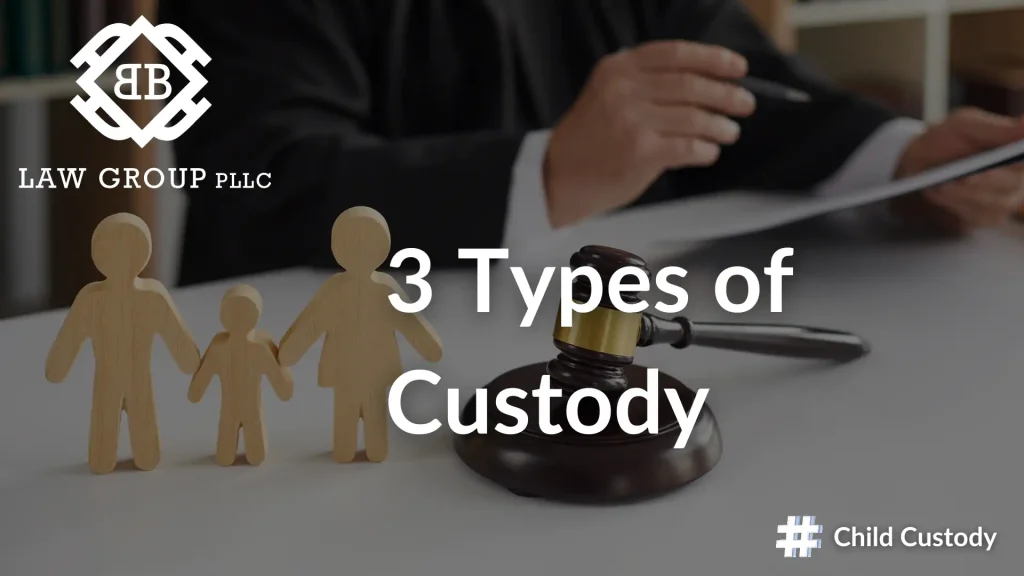Keep reading to learn more about the specifics of each custody type and how they might apply to your situation.
Sole Custody (Sole Managing Conservatorship)
In Texas, sole custody, also known as sole managing conservatorship, means one parent has exclusive legal and physical custody of the child. This arrangement allows one parent to make key decisions about the child’s education, medical care, and upbringing without consulting the other parent.
Courts typically award sole custody to the parent deemed more capable of providing a stable, healthy environment, especially if the other parent has a history of violence, substance abuse, or absence. Sole custody can safeguard your child’s welfare and ensure the best possible upbringing.
Joint Custody (Joint Managing Conservatorship)
Joint custody, or joint managing conservatorship, is more commonly awarded by Texas courts. This arrangement does not ensure equal physical custody but grants an equal say in critical decisions about the child’s life. In Texas, joint custody is presumed to be in the child’s best interest, offering balanced exposure to both parents.
Courts favor this type of custody when both parents can cooperate and make decisions that serve the child’s best interests. It’s essential to understand that even under joint custody, the child might reside primarily with one parent designated as the primary custodial parent. The other parent typically receives a possession schedule outlining their time with the child.
Possessory Custody
Possessory custody, often part of a joint managing conservatorship arrangement, pertains to the rights of the non-primary custodial parent. One parent maintains the child’s primary residence, while the possessory custodian has agreed-upon visitation rights or those determined by the court.
This type of custody ensures the child maintains a relationship with both parents, which is crucial for their development and emotional well-being, especially when parents live far apart or have conflicting schedules.
Why Different Custody Arrangements Apply
Understanding why courts award these types of custody can help you anticipate the likely outcomes of your case. So, what are the 3 types of custody? Generally, the overriding principle in any custody decision is the child’s best interest. Courts consider various factors including, but not limited to:
- The child’s age and physical and emotional needs
- Each parent’s stability
- The presence of siblings
- Any history of family violence or substance abuse.
How BB Law Group PLLC Can Help
Successfully navigating the complexities of custody laws and court proceedings can be overwhelming. This is where the professionals at [firm name] step in. With our deep understanding of Texas family law, we can help answer the question: what are the 3 types of custody? Our compassionate approach ensures that you are heard and supported throughout the process. Our experienced team of Texas child custody lawyers is dedicated to achieving a custody arrangement that protects your child’s best interests and supports your rights as a parent.
We offer personalized legal strategies for your unique situation, whether pursuing sole custody, a fair joint custody arrangement, or possessory custody details. Trust in BB Law Group PLLC to guide you with expertise and empathy. Contact us online or by calling (832) 534-2589 to safeguard your rights and your child’s well-being during this pivotal time.

